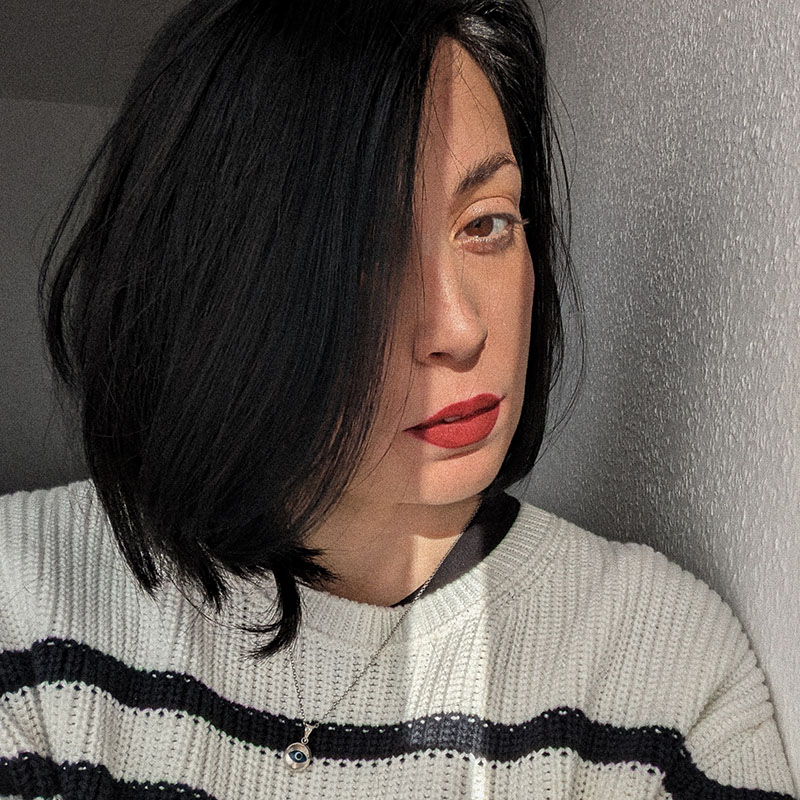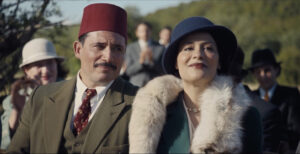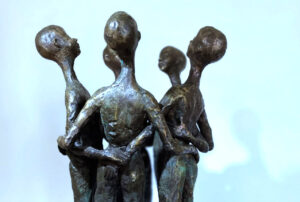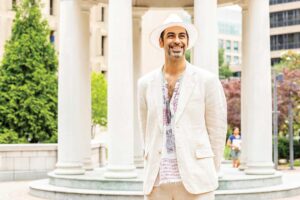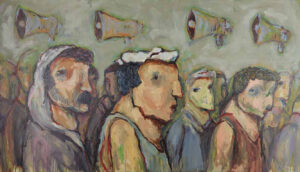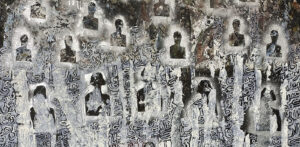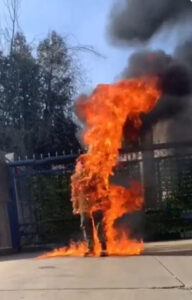Select Other Languages French.
On the second anniversary of the genocide of Palestinians in Gaza, we're publishing two essays, by writer Taqwa Ahmed Al-Wawi and artist Myriam Cohenca, in hopes that the world will force Israel to act in accordance with international humanitarian law, and the people in historic Palestine will know peace.
I’ve been meaning to write for months.
A lot has happened, some of it incredibly positive. Opportunities I’ve been hoping for, waiting for, working for, for years.
And yet, none of it matters.
As an artist, I should be thrilled. I should celebrate. But I keep coming back to that ominous phrase: “You can’t stop living.”
It’s always said when something unbearable has happened. I’ve always hated that sentence.
Now I hate it even more.
What does it mean to keep on living? What does it mean that I can’t stop? Or that I shouldn’t?
It goes against our most basic human instincts to care for one another, to tend to our communities, to protect each other, to feel, to grieve, to hold the pain of others.
What it really means is: you must become numb.
The show must go on.
Do the opening.
Post about the exhibition.
Show your work.
Be grateful.
Smile in the photo.
Be palatable.
“I’m following you for your art, not your political statements.”
Before October 7th, I bought a book about artists who survived the siege of Leningrad. It lasted over two years. More than a million people were killed. Many more died of starvation while trying to flee the city. I remember reading it on the plane on the way to Palestine, thinking this belonged to the past. Thinking I had it easy, as an artist, I was only working through occupation and apartheid.
And murders, yes.
And a siege, yes, but not a siege like that.
Now I know better.
What does making art during a genocide mean? What does it look like?
There’s a very specific kind of mindfuck in applying to residencies and navigating the endless stream of open calls while everything collapses. While people are starved, burned, disappeared. While an entire people is being erased in real time.
And I’m supposed to upload a good headshot.
Write a compelling project description.
Explain how my work “responds to current urgencies” in no more than 1500 characters.
Because you’ve got to keep on living, right?
But what if the most artistic thing to do right now
is to collapse,
to scream,
to cry in public,
to refuse the rhythm of normal life?
Métro, boulot, dodo*
—genocide.
Because if we can live unchanged by all this pain, then maybe we’ve already stopped living.
I’m creating carefully composed, digestible images while the internet drowns in footage of children reduced to skin and bones.
And I’m being complimented for my “courage.”
How loosely we use that word.
For once, I’ve chosen not to include images. There’s nothing to show that hasn’t already been ignored.
I’ve been meaning to write for months because I hoped, no, I prayed, that it would be over.
That someone, anyone, even God, would have stopped it.
I say it, and I think of Lee Miller.
Believe it, she wrote.
The unfathomable, the obscene we let happen.
Again.
Believe it.



